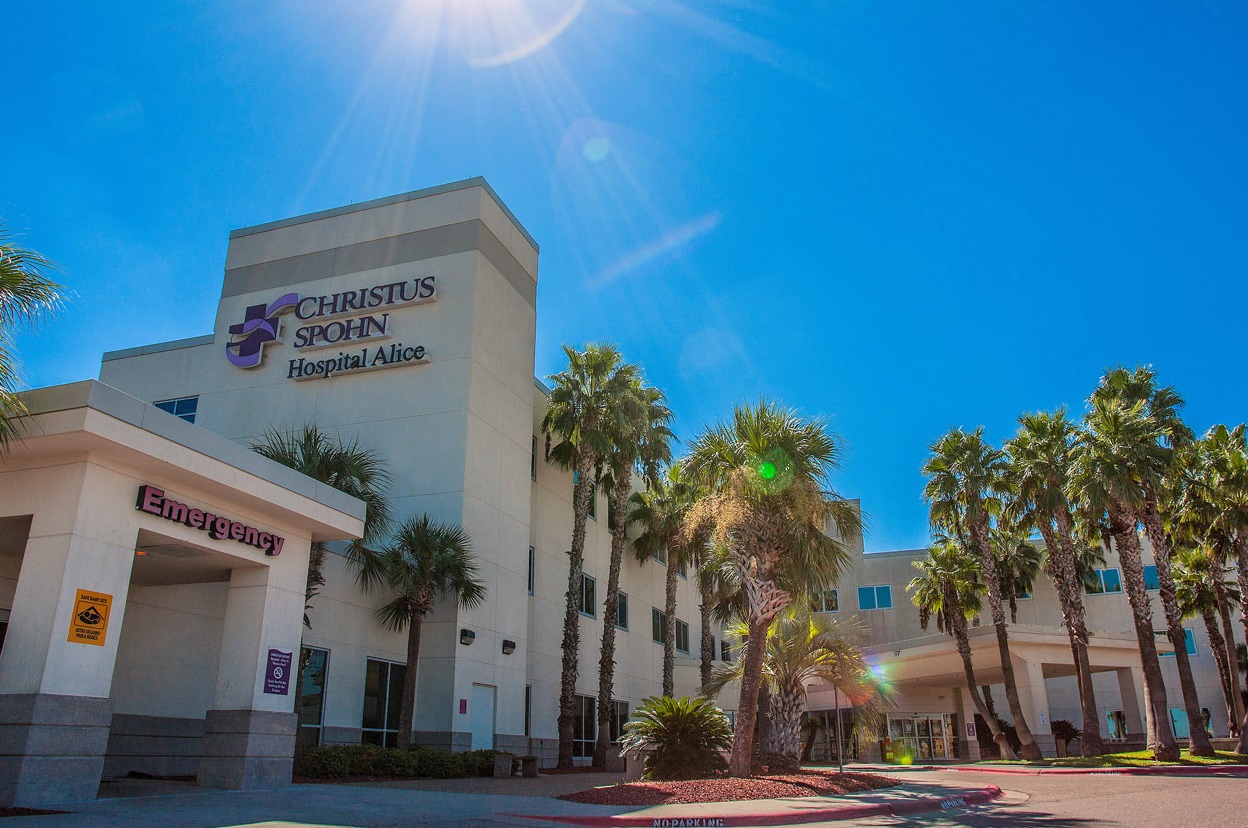Improving the quality of care remains a priority for most hospitals, and delivering standardized care based on evidence-based protocols is a vital step in ensuring key quality measures such as increased efficiency, reduced complications, and improved patient outcomes. Surgical Affiliates assists our hospital partners in improving standardization of surgical care by providing high-quality trauma and acute care surgical hospitalist programs designed according to evidence-based best practices that are patient-centered. By decreasing variability in the delivery of surgical care, standardization of care helps to ensure that every patient receives the highest standard of care available and leads to a series of meaningful benefits for both patients and providers.
Improving Efficiency and Protecting Patients
Standardization has long been a staple ingredient in industries from power and automobile manufacturing to banking and telecommunications. In providing formal guidelines for specific procedures, standardization supports effective management and improves operational efficiency – especially in complex industries with multi-step processes. In healthcare, a growing body of evidence has shown that – as in any other industry with great complexity – standardizing processes and functions reduces mistakes and improves efficiency, leading to better patient outcomes. Our acute care surgical hospitalist programs utilize evidence-based protocols as the building blocks of procedure-specific guidelines and treatment algorithms, ensuring that experienced Surgical Affiliates healthcare professionals deliver the highest, most consistent level of quality care to every patient based on evidence-based best practices.
Providing standardized care according to evidence-based protocols decreases variability in surgical care and helps to protect patients during surgery, ensuring that no step is missed that could jeopardize patient safety. A key example of how a standardized protocol is important for protecting patients in the process of handoffs, the method of transferring the responsibility of patient care from one healthcare provider to another. This real-time process involves transferring specific information to ensure continuity of care for a patient. Time pressure and a lack of standardization may result in handoffs that are incomplete or inconsistent, undermining continuity of care and increasing the risk of patient complications. However, our teams of experienced acute care surgeons and healthcare providers comply with a standardized handoff protocol that ensures accuracy, continuity of care, and better outcomes for patients.
Enhancing Personalization of Care
Standardized and personalized care approaches can work hand in hand in delivering the highest level of care to patients. Standardization often enhances personalization by streamlining work for physicians, giving them more time to spend with patients. What’s more, standardization can help to reduce complications and the resulting time expenditure of not adhering to best practices. Because physicians make treatment decisions based in part on their unique clinical experience, standardization balances this variation in experience by revealing the outcome-specific treatments that have proven effective for thousands of patients. In this way, standardization supplements physician experience and reduces guesswork – serving as the foundation of personalized patient care for our acute care surgeons and healthcare teams.





Latest posts